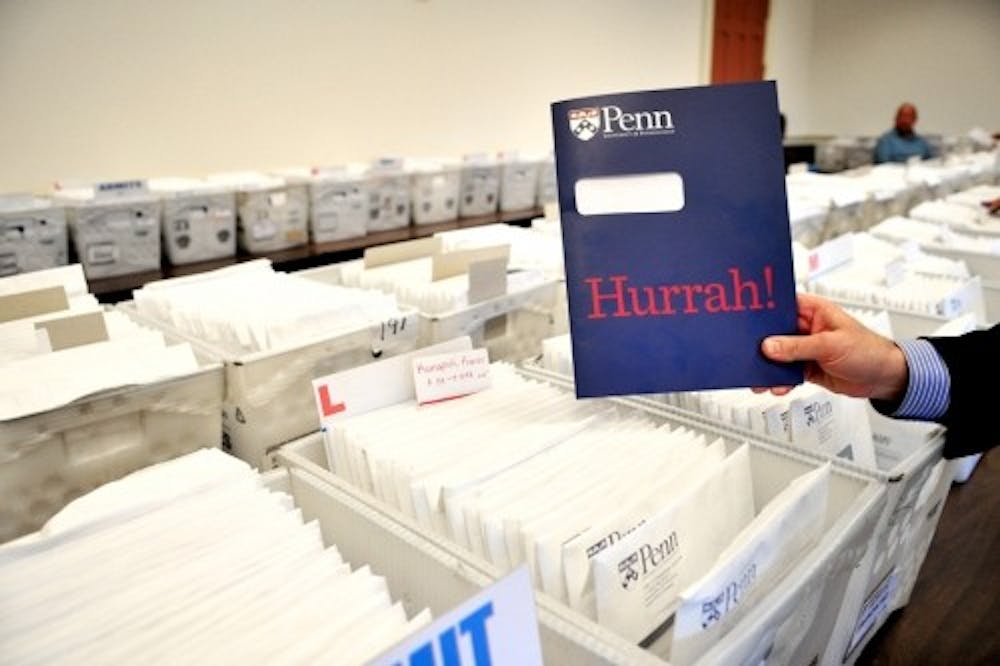
When I heard a fellow student say to his friend, “He made a living by cheating and taking standardized testing for other people,” I immediately thought, “Oh! Another Suits fan.” One of the protagonists in the legal drama television series did exactly that. Minutes later, I opened a link my editor had sent me. The headline wrote, "Actresses, Business Leaders and Other Wealthy Parents Charged in U.S. College Entry Fraud,” and I knew the pair of friends were talking about something much more serious than Suits.
I was baffled. It was something out of a novel — the ringleader and his cult, the mass of parents, possibly brainwashed, thinking that their ruthless hunt for prestige is out of love. It was almost laughable, especially because one of the children caught up in the situation was a popular Youtuber that I occasionally watched in the past. Looking back, the irony unfolds. She often makes videos about her life at the University of Southern California and has said multiple times that she doesn’t “really care about school.” In hindsight, none of it is very surprising — this sort of corruption of wealth may very well have existed for decades.

File Photo
The falsifying of information on college applications has also existed for decades, mostly done by the applicant themselves. Some have lied to the same degree as the parents who allowed their kids to be Photoshopped as athletes. In 2008, a story was released detailing Akash Maharaj, who forged a Columbia transcript with straight A’s in order to transfer to Yale. In 2010, Adam Wheeler pled guilty to fabricating SAT scores, transcripts, and recommendations in order to gain acceptance to Harvard.
When I was applying to colleges, I had many speculative thoughts. What if I changed my position of Design Editor at my high school newspaper to Editor-in-Chief? What if I said I was involved in the paper for all four years instead of three? For me, these questions were mere flickers of curiosity, but it turns out that these what-if’s are very much achievable. Still, I never felt the need to lie because even though I was aiming for selective colleges, I knew that wherever I ended up, I would make the most out of it.
Society must recognize the fact that where one goes to college doesn’t define them. A 2014 report shows that people do equally well in terms of income, job satisfaction, and life satisfaction whether they go to an elite private college or a less-selective state university. Singer created a “side door” full of guarantee but shows clear distrust from parents that will affect life satisfaction of their children.
We must accept that there are no guarantees in college admissions. But there is a right way to maximize the chances.
“For parents of means, if a child wants to be the best pianist, you hire a great piano teacher, ” said college consultant Brian Taylor of Ivy Coach.
Likewise, “if a child wants to earn admission to the college of their dreams — and it’s a legitimate possibility if approached correctly — you hire a great private college counselor who will guide them through the process the right and ethical way. They’ll offer you advice on coursework and testing, extracurriculars and how to tell your story. They’ll prep you for the SAT and ACT rather than take the tests for you,” Taylor elaborated.
Those involved in the allegations could have easily afforded the finest resources for their children to receive the best preparation possible. Yet, they chose to cheat rather than to invest and believe in their children — this is clearly not an act of love. It’s a heinous abuse of privilege for the sake of status.
For every cheated acceptance, a rejection was given to a hardworking student without the money to buy their way in. Now, more than ever, there’s a burgeoning population growing susceptible to the pressure of the selectivity of college admissions and soliciting unethical methods. Just this past December, a Wharton applicant faked his mother’s death in his application in hopes of acceptance to Penn.
Where’s the solution in this mess? The college admissions process might always have broken aspects, but one doable reform is to make time for fact-checking. Whether that is fact-checking while reading through the application or establishing a department specifically for fact-checking, some sort of verification system must be established. Penn admissions must stop making the excuse that they “don’t have time for it.” Fact-checking is essential to retain the integrity of the admissions process and ensure that those who are most qualified earn their spot.
Taylor encourages a “trust but verify” approach to admissions and notes the simple verification of athletic involvement through online databases. “If a coach says a swimmer does a :56 100 breaststroke but the online database suggests his best time is a 1:01, something doesn’t add up.” In the case this week, if a student says he's not on the track team, he’s not, and if a student is being recruited by a college water polo team when their high school doesn’t even offer the sport, something’s wrong.
The United States Department of Justice is initiating a crackdown. On the smaller scale, colleges must implement one of its own. Penn, with its $13.8 billion endowment, certainly has the resources to do so. While some of the 33 schools involved are initiating internal investigations, colleges uninvolved, including Penn, must not excuse themselves, and similarly, launch a thorough investigation of their own.
This riveting nationwide scandal, though causing immense disappointment in the United States college admissions system altogether, is one with many takeaways. The current system is unfair, and now we know it’s been rigged. Perhaps, it’ll always be rigged in one way or another. Still, this scandal has the potential to be the inciting incident that ultimately brings about the necessary improvement that college admissions have long required.

CHRISTY QIU is a College freshman from Arcadia, Calif. Her email address is qiu@thedp.com.
The Daily Pennsylvanian is an independent, student-run newspaper. Please consider making a donation to support the coverage that shapes the University. Your generosity ensures a future of strong journalism at Penn.
Donate







